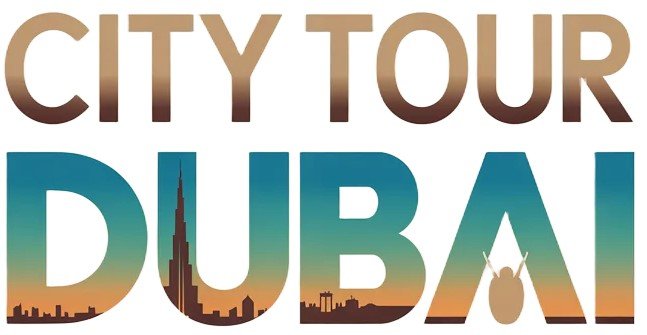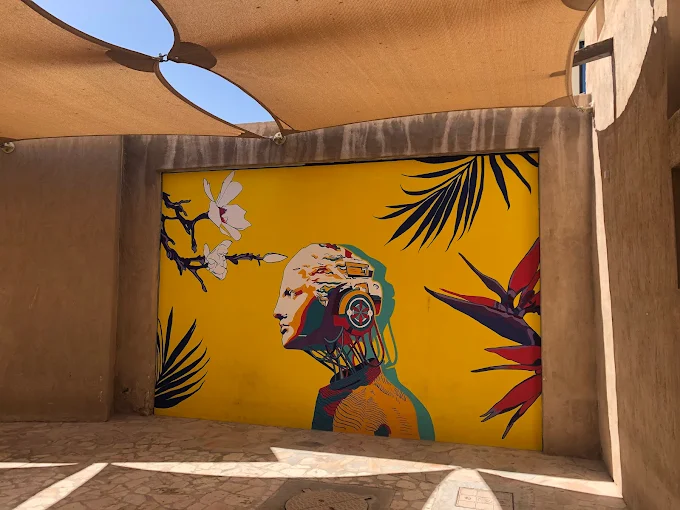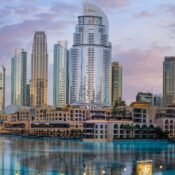Dubai offers more than just futuristic skyscrapers and luxury shopping. The city holds a deep-rooted cultural heritage that can be experienced through historic sites, traditional markets, local customs, and community events. Whether you’re a history lover or simply curious about authentic Emirati life, exploring Dubai Cultural Side offers a new perspective on this dynamic city.
Traditional Marketplaces in Dubai
Dubai’s souks (markets) are a window into the city’s trading past. Located near Dubai Creek, these bustling hubs showcase the old-world charm of the city.
Gold Souk
One of the most famous traditional markets in Dubai, the Gold Souk in Deira features hundreds of shops offering 24K, 22K, and 18K gold jewelry. Bargaining is common, and prices are often better than international markets.
Spice Souk
Adjacent to the Gold Souk, the Spice Souk fills the air with aromas of saffron, cinnamon, cardamom, and dried flowers. It’s the ideal spot to purchase regional spices and learn about their culinary uses.
Textile Souk
Located across the Creek in Bur Dubai, the Textile Souk offers authentic fabrics including silk, cotton, and traditional attire like abayas and kanduras. It’s also a great place for custom tailoring.
Museums That Tell Dubai’s Story
From pre-oil era exhibits to the founding of the UAE, Dubai’s museums highlight the city’s dramatic transformation.
Dubai Museum
Set inside Al Fahidi Fort, the Dubai Museum displays relics, archaeological finds, and dioramas that detail desert life, maritime trade, and pearl diving in old Dubai.
Etihad Museum
The Etihad Museum is dedicated to the birth of the United Arab Emirates. It houses the documents, personal effects, and multimedia displays that tell the story of the union formed in 1971.
Authentic Emirati Cultural Experiences
Get closer to local life with hands-on participation in Emirati cultural activities found throughout the city and desert.
Camel Racing
Head to Al Marmoom Camel Racetrack to watch one of the UAE’s most cherished traditional sports. Races are held in the winter months and feature robotic jockeys.
Falconry
Participate in a falconry demonstration and witness the agility and power of these majestic birds—once used by Bedouins for hunting in the desert.
Majlis Hospitality
Experience a Majlis—a traditional meeting place—where visitors are welcomed with dates, nuts, and Arabic coffee (Gahwa). This is a great way to learn about local etiquette and hospitality.
Cultural Events and Heritage Celebrations
Throughout the year, Dubai hosts cultural festivals that showcase arts, crafts, cuisine, and performances.
Dubai Shopping Festival (DSF)
Held in winter, DSF is not only about deals and discounts; it includes street shows, fireworks, traditional music, and dance performances across the city.
Heritage Village
Located in Al Shindagha, the Heritage Village offers craft displays, live cooking demos, and re-enactments of Dubai’s early settlement days.
Religious and Architectural Landmarks
Dubai’s religious structures blend cultural significance with architectural excellence.
Jumeirah Mosque
Open to non-Muslims, the Jumeirah Mosque is a shining example of Islamic architecture. Guided tours are available through the “Open Doors. Open Minds” initiative.
Grand Mosque of Dubai
Located near the Dubai Museum, the Grand Mosque features tall minarets, traditional design, and is one of the city’s most visited religious sites.
Nature and Heritage Together
Explore the more traditional side of Dubai by heading into the desert or heritage villages.
Dubai Desert Safari
Take part in a desert safari to witness Bedouin-style camps, traditional performances, and enjoy Emirati cuisine under the open sky.
Al Marmoom Heritage Village
Open during seasonal festivals, Al Marmoom Heritage Village offers camel rides, artisanal crafts, live music, and desert-inspired experiences rooted in local culture.
Tips for Experiencing Cultural Dubai
- Dress modestly when visiting religious sites and traditional areas.
- Visit in the cooler winter months (November to March).
- Use public transport or abras (water taxis) near Dubai Creek for a local touch.
- Book cultural shows, safaris, and museum tickets in advance.
- Ask permission before photographing locals, especially in traditional settings.
Final Thoughts
Dubai’s cultural offerings reflect a unique blend of heritage and modernity. From the souks of Deira to the museums of Al Fahidi, and from Bedouin traditions to grand mosques, there’s a hidden side of Dubai waiting to be explored. Whether it’s your first visit or a return trip, these traditional experiences will deepen your appreciation for the city’s rich legacy.



